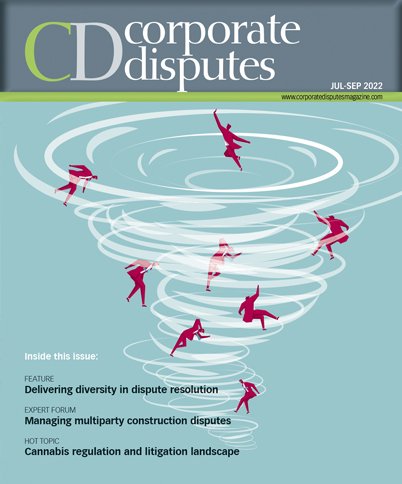TRENDS IN DIRECTOR AND SHAREHOLDER DISPUTES – THE ABSENCE OF SHAREHOLDERS’ AGREEMENTS AND DIRECTORS’ SERVICE AGREEMENTS
The Great Resignation, which started during the pandemic and is continuing this year, has led to a rise in the number of business registrations. The increase in entrepreneurship comes as people reassess their work priorities and general mobility of staff in the market. This is leading to an increase in shareholder and director disputes.
As such, care should be taken when you go into business with others. Conflicts regularly occur between the stakeholders of companies. Directors can disagree about how a company is being run. Shareholders, meanwhile, can feel as though they are not being kept properly informed about company matters. At times, minority shareholders feel that their interests are being prejudiced by the majority shareholder.
Increasingly, we are noticing that new companies are being started without directors’ service agreements or shareholders’ agreements in place.
This is particularly evident where businesses are set up with friends and family. However, these documents are invaluable. They can help to avoid the occurrence of disputes (or at least provide clarity if there is a dispute) and thought should be given to whether the company would benefit from the protection they provide.
A director’s service agreement is similar to an employment contract. It is a contract which sets out the reciprocal obligations of the director and the company. While a director has various fiduciary duties (implied commitments to act in the best interests of a company) and statutory duties (under the Companies Act 2006), a director’s service agreement can add precise and defined responsibilities and remove ambiguities. There is considerable benefit in precisely defining the expectations and obligations for each director in a business.

